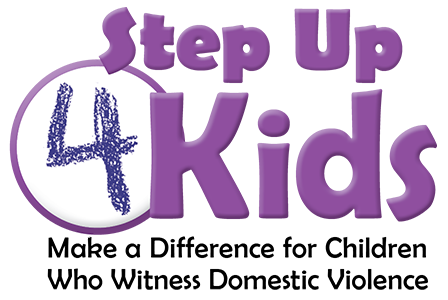 SAFETY ALERT – If you are in danger, call or text 911.
SAFETY ALERT – If you are in danger, call or text 911.

As a parent or caregiver, you have a special role in helping your child grow and heal. You can help your child if you have experienced abuse or if you know you might have used actions that were abusive toward your child’s other parent or caregiver. It is never too late to talk to your child about what they have seen or know about the violence and control. It is important to be there for your child and help them know what happened is not their fault or the fault of the parent or caregiver who was hurt. When children see and hear a parent or caregiver who has used violence take responsibility for their action, it helps them heal and see that change is possible. If you would like to talk to someone about your experience, please see below for more information. Help and support is available to you, 24 hours a day, seven days a week, and is free and confidential.
 Remember, if you have experienced any type of abuse, it is never your fault.
Remember, if you have experienced any type of abuse, it is never your fault.- There are probably already a lot of things you do to keep your child safe.
- It is important to talk to your child about what they have seen and felt. Most children already know what happens in their home.
- When you talk to your child about hard problems, your child learns they can talk to you and you can solve problems together.
- It’s important to tell your child violence and other types of abuse are not OK.
- Listen to your child without justifying or making what happened seem not as bad.
- If a child doesn’t feel ready to talk, let them know you want to listen whenever they are ready.
- Give children age-appropriate information about what is happening. For example, it is important for children to know where their other parent or caregiver might be living if they are not in the home. Children also feel less worried if they know when they might see the other parent or caregiver again if they have left the home. It can be enough to say “Mommy/Daddy has their own place to live now,” or “the adults will figure out when you can see Daddy/Mommy again and I will let you know as soon as we have a plan.”
- If a child asks a question and you do not know the answer, don’t give the child false information. You can always tell a child you will try to find the answer to their question and get back to them.
- Focus on how you can help your child feel safe when they are scared.
- In a moment of crisis, think SAFETY. (Taken from the National Child Traumatic Stress Network.)
- Safety: Focus on safety first. Help your child feel a sense of emotional and physical safety.
- Allow your child to tell you how they feel: Remember, if a child has hard feelings, they might be using their behavior to tell you about those feelings.
- Follow your child’s lead: Be aware that each of your children might need different things.
- Enable your child to tell what happened before, during and after the crisis from their own lens.
- Ties: Reconnect with supportive people, rituals and community.
- Your child needs you: You make the difference when your child is upset.
The hotline can provide:
- Emotional support during a crisis.
- Short-term plans for safety.
- Suggestions for family, friends or professionals who want to help a survivor.
- A connection to other services such as:
- The Domestic Violence Action Center (DVAC) gives information, referrals and support with a plan to help keep a survivor safe. DVAC can help a survivor with the court process and assist with protective orders. DVAC also offers help with housing and economic needs.
- Domestic and Sexual Violence Counseling Services offers 8-10 free counseling sessions for survivors of domestic or sexual violence. Services are also available for teens and children who have experienced domestic violence or who are survivors of sexual abuse.
- ADAPT is an 18-week certified domestic abuse intervention program that teaches learning compassion for self and others. There is a fee for services.
(return to Step Up 4 Kids)

